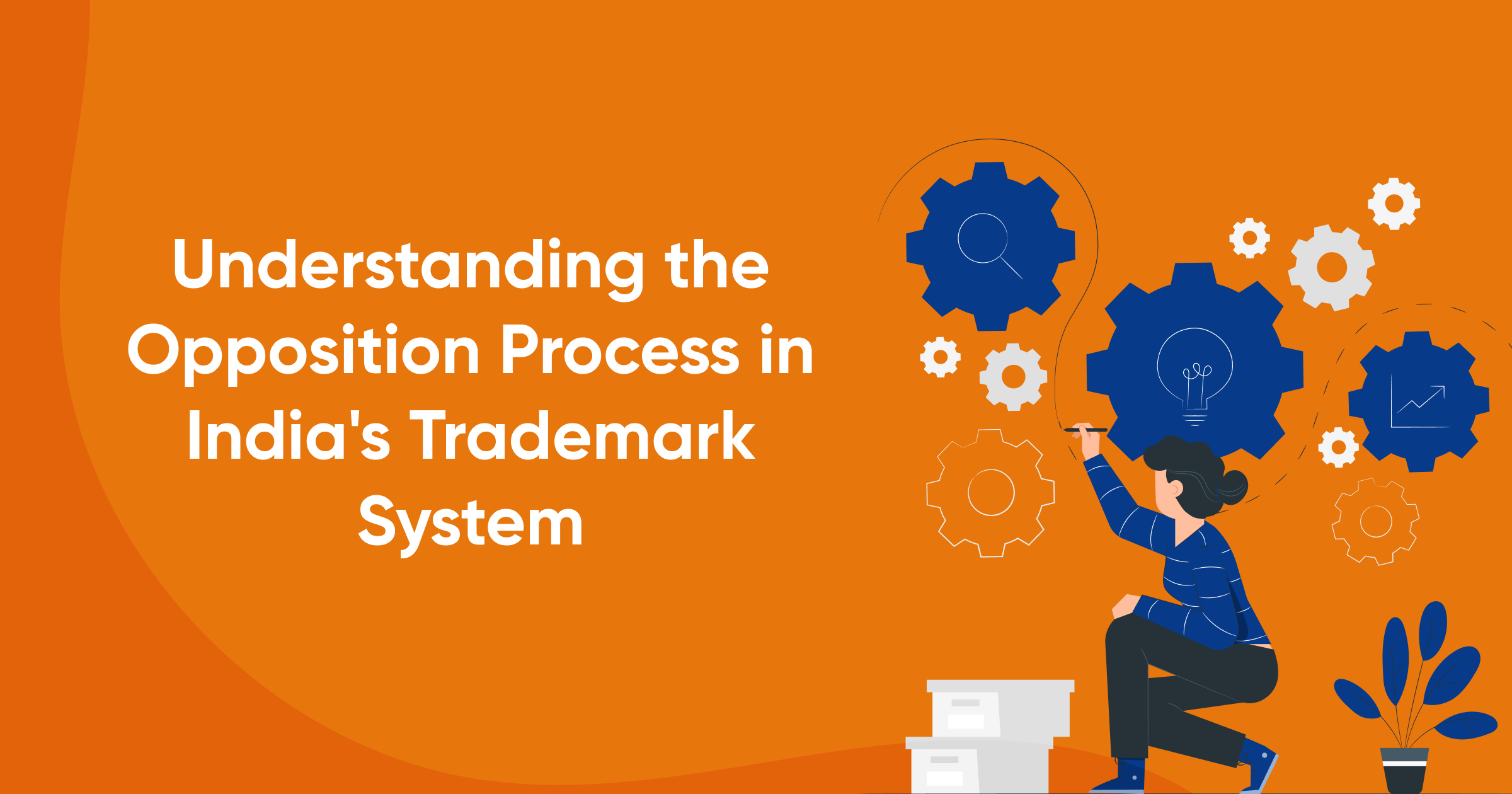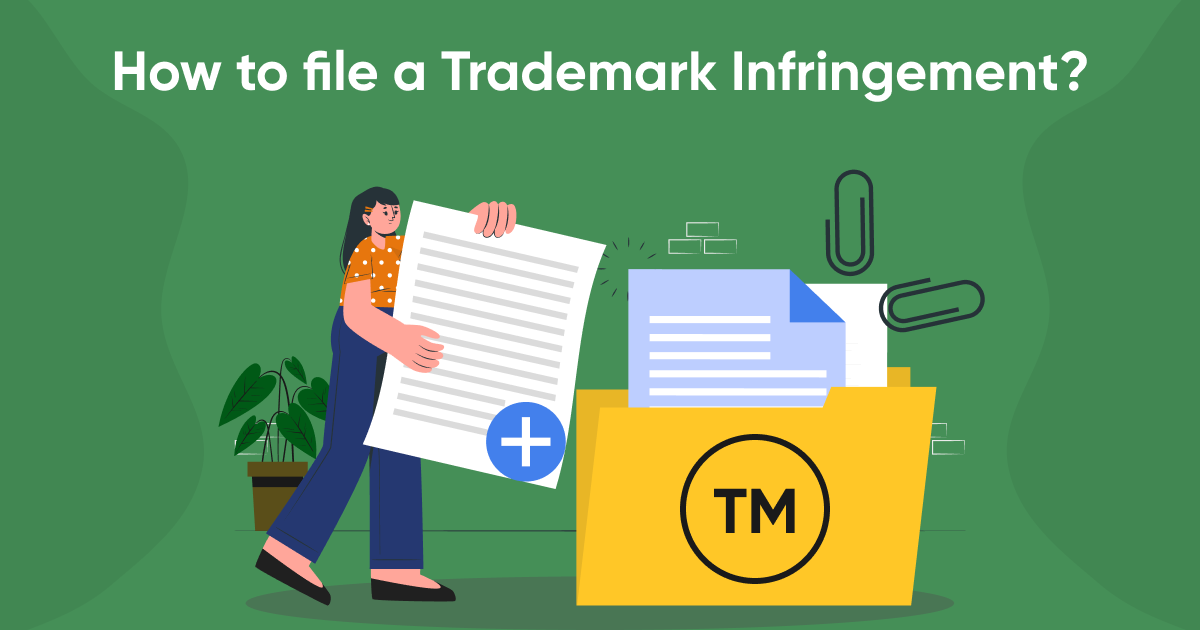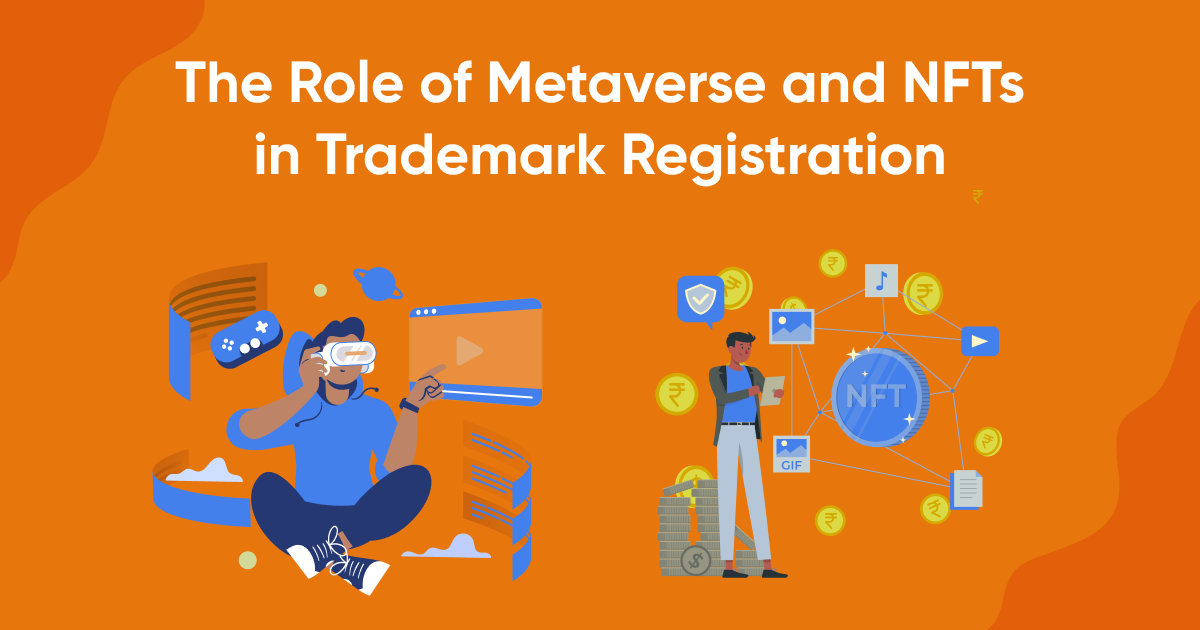Understanding the opposition process within India's trademark system is crucial for businesses and individuals aiming to protect their brand identity. This process is a critical step in the trademark registration procedure, where an entity can contest the registration of a trademark if it believes that the registration would infringe on its own trademark rights or cause confusion among consumers.
Trademarkia plays a vital role in supporting clients through potential oppositions, offering a blend of technological and legal expertise to navigate the complexities of trademark law.
The Opposition Process in India's Trademark System
India's trademark system is governed by the Trademarks Act, 1999, which outlines the legal framework for trademark registration, protection, and enforcement. The opposition of trademark is a safeguard against the registration of similar or identical trademarks that might lead to public confusion or dilution of a brand's unique identity.
The procedure for trademark opposition in India begins once a trademark application is accepted by the Registrar of Trademarks and published in the Trademark Journal. This publication is an invitation for anyone to file a notice of opposition trademark against the registration of the trademark within a period of four months.
The grounds for opposition can include but are not limited to, similarities with an earlier trademark, lack of distinctiveness, potential to deceive or cause confusion, and existence of identical/similar trademarks in the market that could be affected.
Upon filing an opposition of trademark, the applicant is notified and required to file a counter-statement defending their application. This is followed by evidence rounds, where both parties submit evidence supporting their claims. The trademark opposition process may involve hearings where arguments are presented before a final decision is made by the Trademark Registrar.
Strategic Considerations in Trademark Opposition
The opposition process is not merely a legal hurdle; it represents a strategic battlefield for businesses to protect their brand equity.
For a company, the decision to oppose a trademark application is influenced by several factors:
Brand Value Protection
A trademark is not just a legal right but a critical asset reflecting a brand's reputation and goodwill. Businesses must vigilantly protect this value from dilution or confusion that might arise from similar trademarks.
Market Positioning
The uniqueness of a trademark contributes significantly to a brand's positioning in the market. Oppositions are a way to ensure that this positioning is not compromised by newcomers or competitors attempting to ride on established brand identities.
Future Expansion
Companies with plans to expand into new product lines or geographies need to consider how opposing certain trademarks might protect their pathway for growth, preventing others from blocking or complicating their expansion.
Understanding the Impact of Trademark Opposition
Brand Protection
Prevents registration of trademarks that could be identical or confusingly similar to existing ones, safeguarding brand identity.
Fair Competition
Upholds market fairness by ensuring new trademarks don't infringe on established brands' reputations.
Consumer Clarity
Aids in avoiding consumer confusion by keeping similar brands distinct, enhancing purchasing confidence.
Research Encouragement
Motivates thorough brand research and due diligence before trademark application submissions.
Legal Guidance
Contributes to legal precedents, offering clearer interpretations of trademark laws for future cases.
Market Integrity
Essential for maintaining a transparent, trustworthy marketplace for both businesses and consumers.
Making Your Way Through Trademark Opposition with Trademarkia
Getting through the trademark opposition process in India can seem tough, but it's a lot easier with Trademarkia's help. We've got the legal know-how and the tools to make sure your brand gets registered and stays protected. From the start to the end, Trademarkia is there to guide you, making sure your brand stands out and stays safe.
In short, dealing with trademark opposition is key to protecting your brand in India. With Trademarkia, you get all the support and legal advice you need to get through it. We help protect your brand, making sure it can grow and succeed in India's busy market. Work with Trademarkia to secure your brand's future, and use our expertise for your trademark needs.
Got questions about trademark opposition or unsure about how to handle your trademark opposition? Let's talk! Connect with a Trademarkia attorney today for guidance on your next steps. Set up a call here: Talk to attorney.
Frequently Asked Questions (FAQs)
What is Trademark Opposition?
Trademark opposition is a legal process where a third party can oppose a trademark application during the registration process, if they believe the trademark infringes on their rights or can cause confusion.
What is the Procedure for Trademark Opposition in India?
The procedure for trademark opposition in India involves filing a notice of opposition trademark within four months of the trademark's publication in the Trademark Journal, followed by a series of evidence submissions and hearings.
How Much are Trademark Objection Reply Fees?
The trademark objection reply fees can vary, but it is crucial to respond within the stipulated time to avoid cancellation or further complications in the registration process.
How Can I Oppose a Trademark?
To oppose a trademark, you need to file a notice of opposition with the Registrar of Trademarks, outlining the grounds for opposition and providing relevant evidence to support your claim.
What Does "Opposed" Mean in Trademark Terms?
In trademark terms, "opposed" means that a third party has formally challenged the registration of a trademark, initiating the trademark opposition process to prevent its registration.







